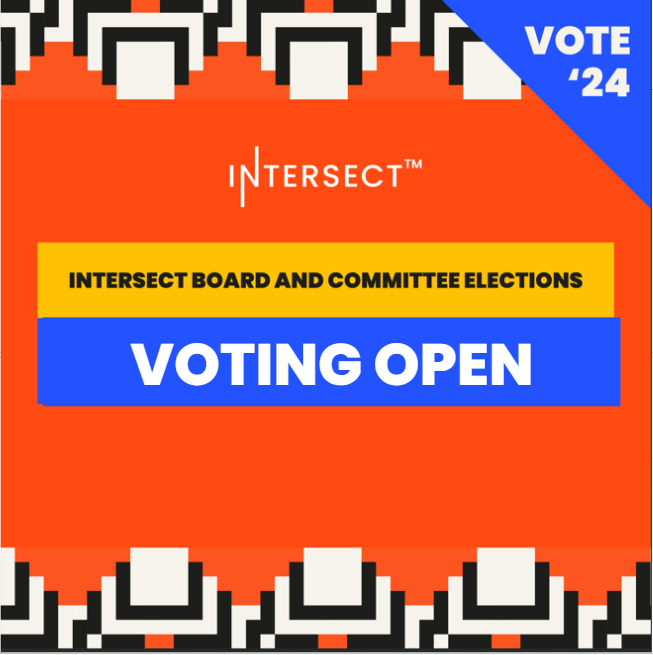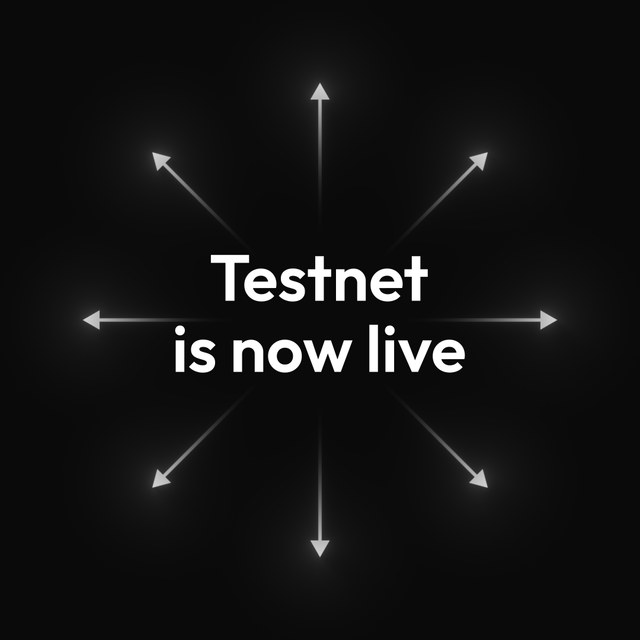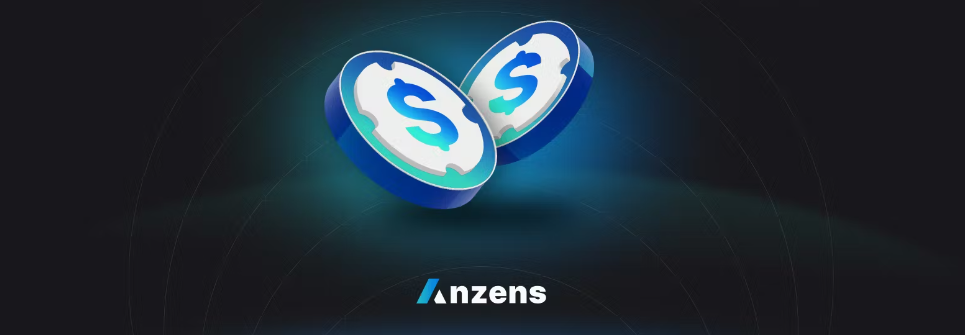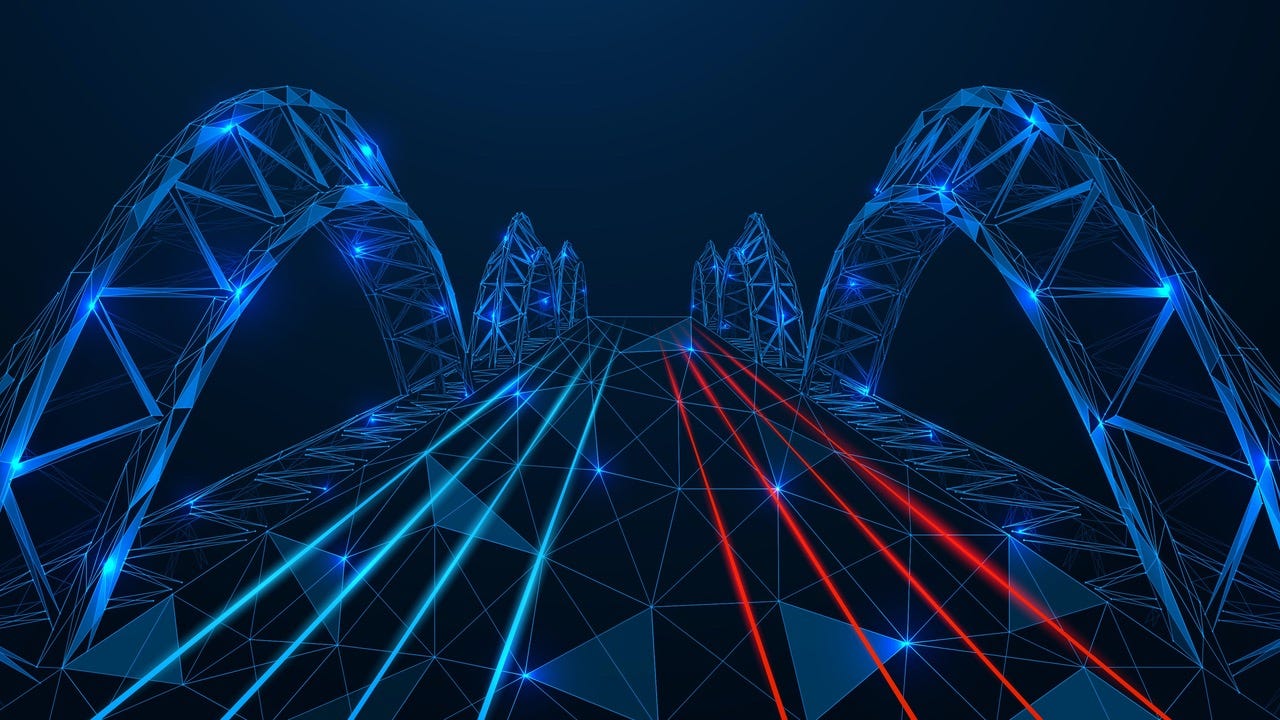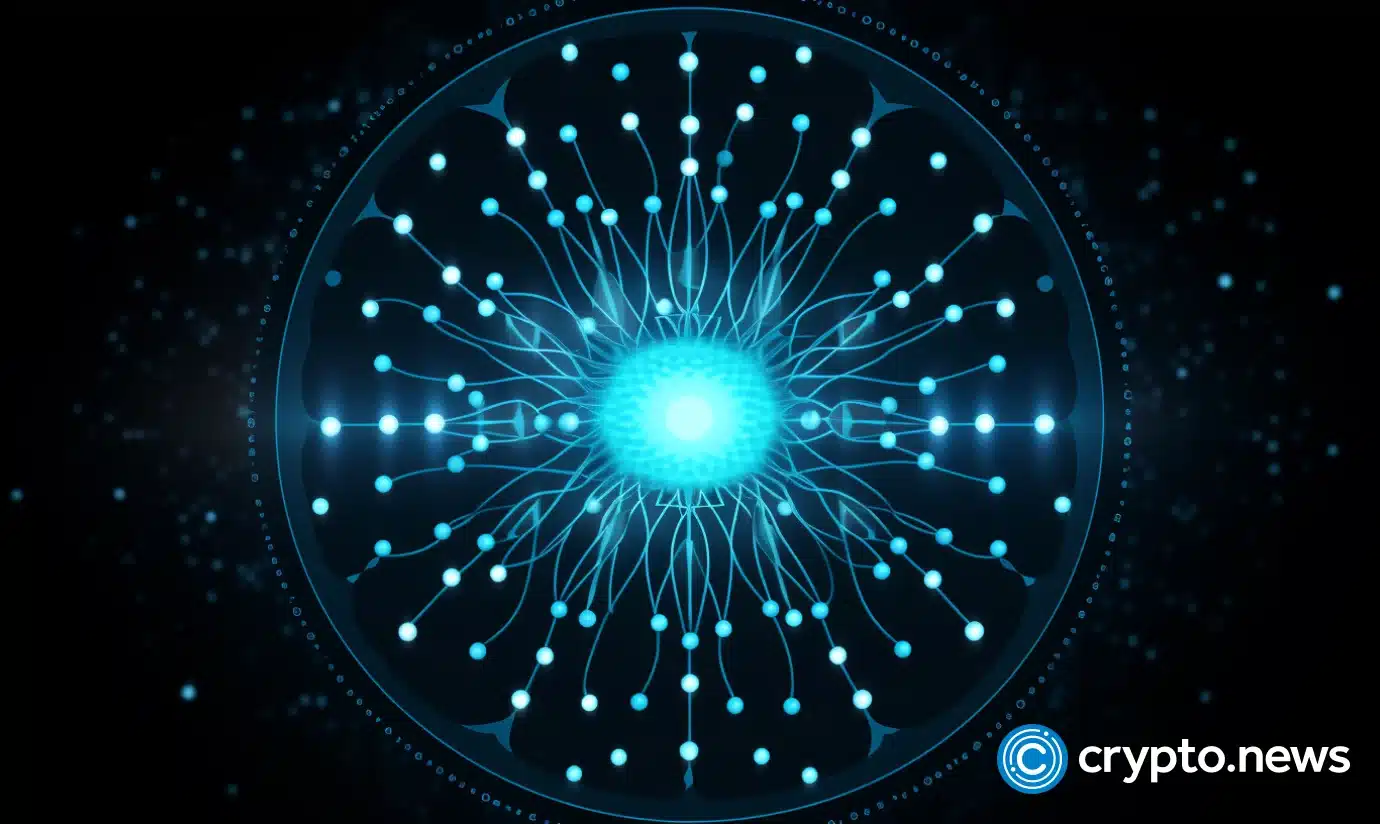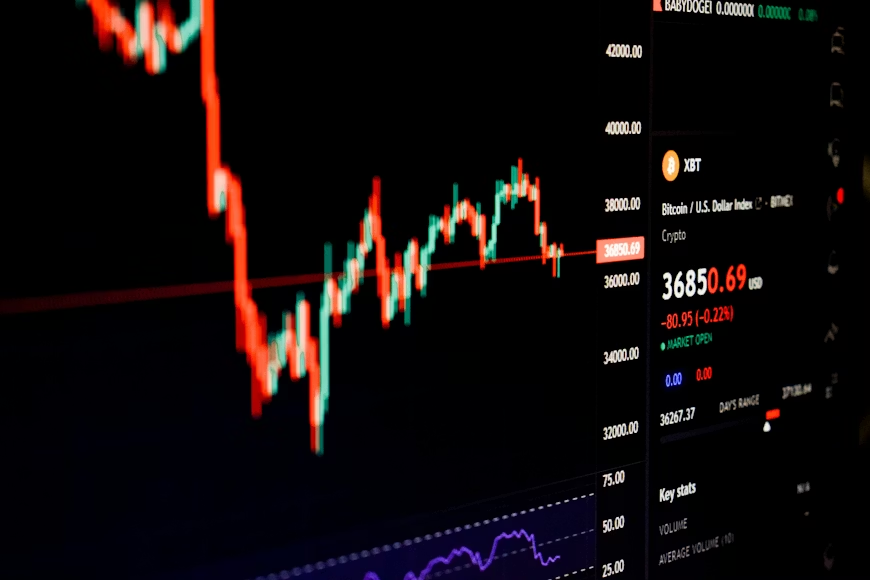ADA and power
Many people perceive decentralization only at the level of network consensus where decisions are made about adding new blocks to the blockchain. This is only the most visible part that is often talked about and is to some extent...

Many people perceive decentralization only at the level of network consensus where decisions are made about adding new blocks to the blockchain. This is only the most visible part that is often talked about and is to some extent measurable. Decentralization is based on software that block producers (pool operators) and other participants install on their computers. All software contains bugs and must be updated and upgraded. Who has the right to decide on changes to the source code? Bug fixes and new features are implemented by the team. Clearly, if decentralization is software dependent, there must be some mechanism to make changes to the source code in a transparent and ideally decentralized manner. Staking allows you to delegate ADA coins to a pool you trust to produce blocks on your behalf. Decentralized governance will allow ADA coin holders to make decisions about the Cardano project.
TLDR:
- Whoever funds the development also decides what to work on.
- External funding of protocol development could be dangerous as non-transparent and shady power structures could emerge.
- Cardano will be a self-sustaining system thanks to a project treasury.
- Once the community is able to propose and vote on Cardano improvement proposals (CIPs) it will become fully decentralized and essentially independent of the IOG leadership team.
- Skin in the game is a very important aspect of voting.
- IP-based voting cannot work since one entity can allocate a large number of IP addresses.
- ADA coin holders can participate in governance without having to run their own full nodes.
- Having no governance goes against the principle of decentralisation.
The Voltaire era of Cardano
Software maintenance and development is time and human-resource intensive. It is therefore essential to secure funding. Within any blockchain project, be it Cardano, Bitcoin, or Ethereum, it is important to ask who is funding and managing the development of the protocol. In most cases, whoever funds the development also decides what to work on. Software development requires the coordination of developers. If everyone were to individually modify parts of the source code at will, they could introduce critical bugs or incompatibilities between versions. Someone has to manage the development and decide what changes to accept and what to ignore in the source code. An individual or a small number of people have control over the source code on GitHub. This essentially determines the basic implementation of the protocol that others accept.
External funding of protocol development could be dangerous as non-transparent and shady power structures could emerge. Cardano has a project treasury that will be used to fund project development. Cardano will be a self-sustaining system independent of external funding. This does not mean that a VC fund cannot fund the development of an enhancement. However, the project will be self-sustaining.
ADA coins from monetary expansion and transaction fees flow into the project treasury. This source will thus theoretically never dry up. If funding is secured, processes must be set up to allow ADA holders to decide what changes should be funded and who will implement them. This is the essence of the Voltaire era. ADA holders could and can continue to vote under the Catalyst project. If you've ever voted, you have a good idea of how this might work in the future. Catalyst has its own specific issues and some processes need to be tweaked. I see Catalyst as an experiment and preparation of the community for on-chain governance.
ADA holders will have voting rights. The Voltaire era will add the ability for network participants to present Cardano improvement proposals (CIPs) that can be voted on by stakeholders, leveraging the already existing staking and delegation process. Cardano will thus become fully decentralized and essentially independent of the IOG team’s management. The project will be in the hands of the community which will be responsible for future development.
Which governance is best?
Is voting based on ADA coins the best way to go? Honestly, no one knows this as we have no historical experience with this.
In his white paper, Satoshi considered PoW as the best possible solution from a decision-making perspective. He pointed out that IP-based voting cannot work. This makes sense since one entity can allocate a large number of IP addresses. This means that voting based on a running non-mining node is not secure enough and one entity can fundamentally influence this type of voting in its favour.
Skin in the game is a very important aspect of voting. This is based on the assumption that the ADA owner will vote in the best interest of the protocol. A bad decision can have a negative effect on the value of the ADA coins, i.e. the wealth of the voter.
Satoshi probably didn't anticipate that most Bitcoin full nodes would be non-mining. Full node operators have no voting rights regarding the development of the Bitcoin protocol. If such a vote were to take place (and it happened), one entity could fundamentally influence it relatively cheaply through the allocation of a large number of IP addresses. In the Bitcoin network, miners decide on major protocol changes. They have skin in the game, so all is seemingly well. The problem is that the interests of miners may not be aligned with the interests of BTC coin holders. Moreover, mining is relatively centralized, so the number of decision-makers is relatively small compared to the number of BTC coin holders.
Voting is not very common in the Bitcoin network. Blockstream and other companies are involved in the development of the protocol and there is not much debate in the community about what parts of the source code are being modified. Many community members believe the narrative that Bitcoin is not changing. This can give the impression that there is no need to discuss changes at all. Perhaps that's why not many people care about how much influence Blockstream or its CEO Adam Back has on Bitcoin and which VC funds pay for the development.
Coin-based voting is exactly the type of governance Satoshi wanted to achieve through PoW, as all voters have a skin in the game. The important fact is that most users don't and won't run full nodes. It is possible that Satoshi's assumptions were wrong here as well. Ideally, every coin holder would have their own full node and mine coins (or stake coins).
ADA coin holders can participate in governance without having to run their own full node. This means that anyone with skin in the game and an interest in participating in decisions about future protocol development is not excluded from voting due to the high hardware requirements.
The advantage of PoS networks such as Cardano is that it does not divide voters into two groups as we see in Bitcoin, i.e. miners and coin owners. In the Cardano network, coin owners are simultaneously stakeholders, i.e. those who have the right to vote.
I see the retention of one interest group as absolutely essential. While pool operators may have slightly different interests than other ADA holders, it is safe to assume that pool operators will never hold the majority of coins. Moreover, the interests and opinions of pool operators may differ. Fortunately, there are many of them in the Cardano ecosystem.
That way, opinions on a particular topic will not be influenced by the business of a particular group. For example, if the vote were to be taken to impose infinite ADA coin inflation, there is no group that has an economic interest in pushing it through. If there was no security budget problem and the fees were sufficient to reward all stakeholders, the proposal would never pass.
Imagine if a similar vote to introduce infinite inflation of BTC coins were to take place on the Bitcoin network. Only miners could vote. If their rewards were reduced for the sake of the next halvings, it would be in their economic interest to push this change through. BTC holders would essentially have no way to overturn their decision. If the miners voted the change down, it would not help BTC holders much if there was a blockchain fork. Most of the hash rate would stay with inflationary Bitcoin. Non-inflationary Bitcoin would remain significantly less secure compared to its new competitor.
It can be said that the minority pursuing its business objectives essentially decided at the expense of the majority. BTC coin holders may not like the decision. However, they did not have the opportunity to participate in the vote and have no option to leave the network if the majority of miners leave the network.
A fork of blockchain is not the best form of voting for change, as it leaves behind ghost-tokens and ghost-blockchains. There is a split in the community, and the team, and theoretically less security due to the drop in coin value. Cardano has a hard-fork combinator, so a blockchain fork will never happen. There will forever be only one Cardano with 45,000,000,000 ADA coins.
It certainly makes sense to create a style of governance where the majority decides and the minority has to respect the outcome of the vote. There is some disadvantage in that the whales will always have a bigger vote. That is, a whale may have the same number of votes as, say, 10,000 small stakeholders. Unfortunately, there is nothing that can be done about that at this stage. It is in the interest of the whales as well as the smaller stakeholders to make decisions that are beneficial to Cardano. In this way, the interests of the whales will not usually diverge from the interests of the smaller stakeholders.
No governance
Does it make sense to have no governance? The people behind the Ethereum project, including Vitalik Buterin, aren't too keen on the idea of on-chain governance. They are afraid that a large number of coins may remain in the hands of the team or the whales, who will then have a majority forever. They are also sceptical about the idea of a large number of stakeholders participating in the voting. These are legitimate arguments.
Cardano had a fair coin distribution. But there will always be whales. The exchanges hold a large number of coins that they can misuse for voting. It is unknown at this time if the IOG team, Cardano Foundation and Emurgo will use their own ADA coins for voting. It doesn't make sense for the IOG team to vote with their coins on CIPs that they themselves have proposed up and want to implement.
As for ADA holders not being interested in voting, that can probably be resolved by delegating the voting power to someone else. For example, to a pool operator or an expert in blockchain technology who is visible in the community and whose opinions are relevant.
Decentralised governance is a complex topic and we will be looking for answers to many questions. Certain entities should not participate in the vote. Fortunately, it is possible to use on-chain data and analyze the results. It is theoretically possible to ignore exchange votes if the community decides that exchange votes should not be counted.
If a project has no governance, basically all coin holders must fully trust the decision the team makes. This is how it works now for Ethereum, and to some extent, it applies to Cardano as well. In the Bitcoin network, only big changes are voted on, so it can be said that this largely applies to Bitcoin as well.
Teams, of course, act in the best interest of the protocol. Moreover, the team's options are largely limited, as they can change the source code as they wish, but ultimately it is the block producers who decide for themselves whether to accept and install the new client version. It can be said that some form of governance at the level of accepting changes in the source code works.
The team always tries to build the protocol in such a way that it is accepted by as many users as possible. So there is a kind of unwritten contract between the team and the users. If the team makes a change that the users don't agree with, they might just stop using the project and go elsewhere. This can also be seen as a form of acceptance of changes. However, this is very similar to centralized companies where e.g. Facebook users cannot decide what new features the Meta company decides to create.
Having no governance goes against the principle of decentralisation. Governance at the level of protocol development is complicated by the fact that centralization is unavoidable. Code is written by a small group of people, usually, a team, who are managed by a leader. The leader decides the compensation for the developers and other team members. What is difficult is finding the right connection between the team and the will of the users.
Not having governance basically means behaving like a regular IT company that offers its service to users. In the case of blockchain networks, the company only has influence over the software, but not a network consensus. IT companies usually control the infrastructure on which the service runs. In the case of blockchain, the infrastructure is made up of nodes that are operated by independent participants.
It is important to see the difference between decentralization at the network consensus level and at the software development level. All the projects mentioned in this article are decentralized at the network consensus level, not at the software development level.
The IOG team is trying to change the status quo and decentralize Cardano at the software development level. In other words, separate the IOG team from Cardano. The IOG team will essentially just be a company that the community will pay for specific tasks. If other companies want to implement certain tasks, they can sign up and the community can decide to pay them for the implementation of these tasks.
Conclusion
Decentralization solves the single point of failure problem. Each team is essentially a point that can try to abuse its power or be pressured from the outside, such as by regulators. If decentralized governance can be achieved, Cardano will be fully in the hands of the community. There will be no team that has control over the source code, but at the same time, it would be possible to pay anyone to develop the protocol. The community will have control of the project treasury. It will vote on what CIPs to implement, who will do the work and for how much. Charles Hoskinson will remain CEO of the IOG team but will have essentially no direct control over the Cardano network. The community will decide whether to delegate the implementation of CIPs to the IOG team.
The current situation where teams have control over the development of protocols is mostly accepted by the communities. However, this does not mean that we should be complacent. Teams pose a risk if we don't know what is going on behind the scenes, who is funding the development and what is being worked on. The community should be responsible for managing the project. Some problems are technically difficult to solve and I imagine there may not be a willingness to fund them. Who other than the users of the network should decide what the team should work on? If people want decentralization or security to be increased, the team should address those issues as a priority. For this to work, there needs to be a process to allow communication between the community and the team. At the same time, funding must be available.
The existence of the coins is dependent on the network, and the existence of the network is dependent on the team. Unless the project coins are used for network consensus, there is no resource around which the network can decentralize. On what basis should the team decentralize? The logical choice is coins. ADA coin owners own Cardano, and this gives them enormous decision-making power over an infrastructure that aspires to become a global social and financial operating system. Humanity has never had anything like it before. All the networks and services we use are controlled by central entities. Blockchain networks can change this, but only if we can decentralise not only the network but also its development.
Delegate Your Voting Power to FEED DRep in Cardano Governance.
DRep ID: drep12ukt4ctzmtf6l5rj76cddgf3dvuy0lfz7uky08jfvgr9ugaapz4 | We are driven to register as a DRep by our deep dedication to the Cardano ecosystem and our aspiration to take an active role in its development, ensuring that its progress stays true to the principles of decentralization, security, and community empowerment.DELEGATE VOTING POWER!

